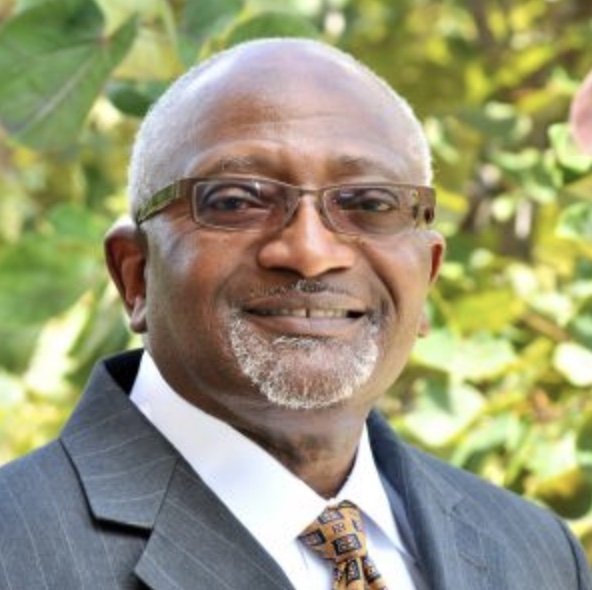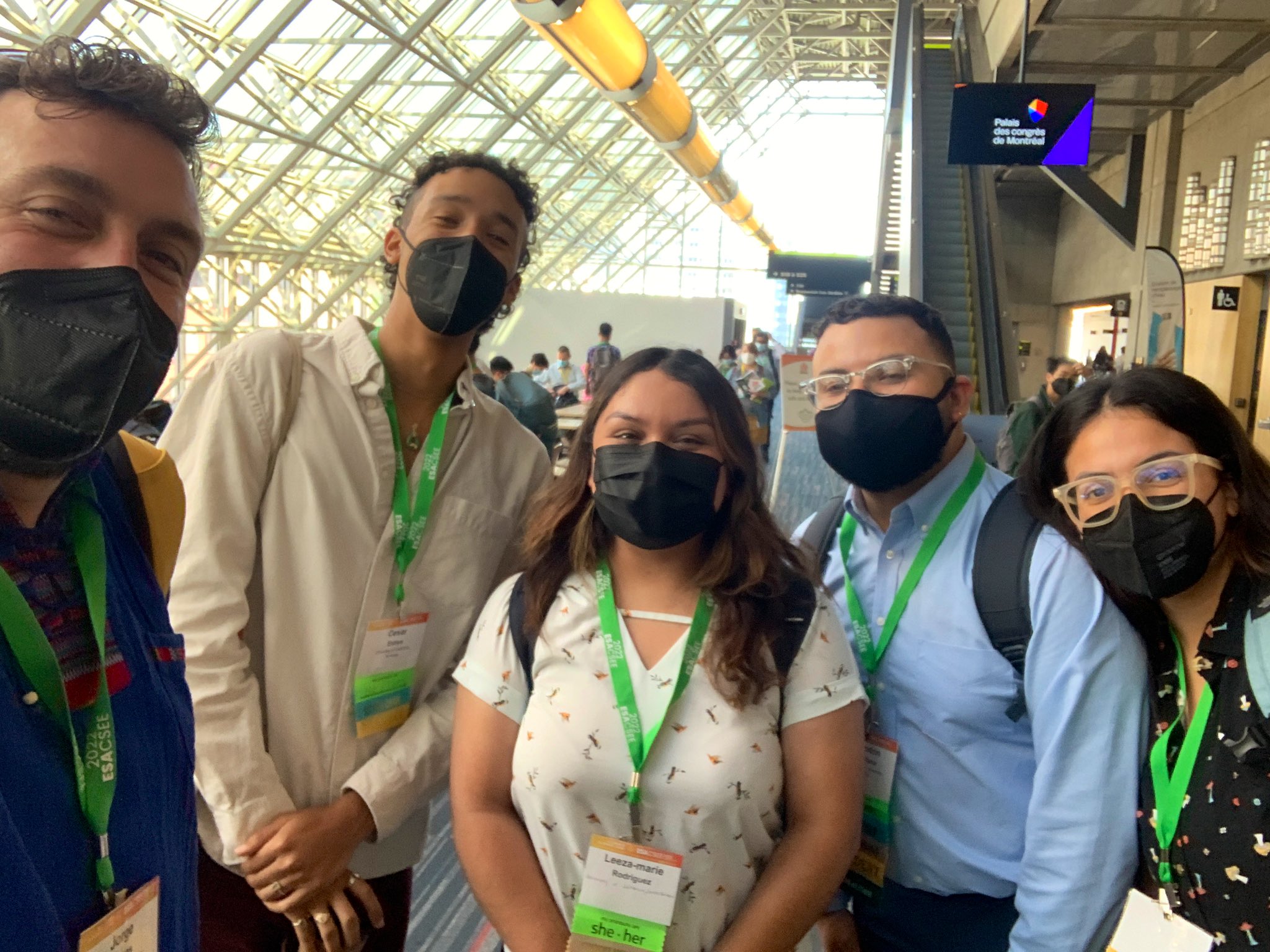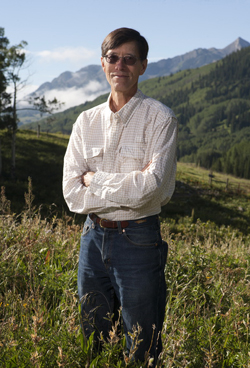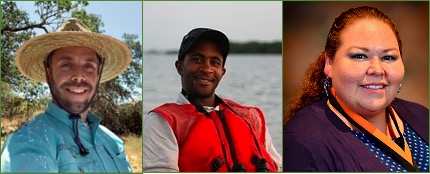A Message to Section Members
The events we have seen in recent months and weeks underscore the brutal clarity that for many people, especially our Native American, Brown, and Black communities are being disproportionally and negatively impacted by the COVID-19 pandemic. Additionally, our Black communities are being killed openly, in plain sight reflecting the truth that the outdoors has never been a truly safe and welcoming space. As one of our EJ members said during our meeting last week, this has shocked many non-Black people but, in reality, it has been happening to our Brown and Black ecology friends and colleagues during their entire careers.
One of our fellow SEEDS Advisory Board members shared this statement with us and she told me that it was OK to share with you all: In the words of Statement of Jamie Williams, President of The Wilderness Society: "The deaths of Ahmaud Arbery, who was killed while going for a run outdoors, George Floyd, who was killed when he was arrested in Minneapolis, and Breonna Taylor, who was killed while resting in her home in Louisville, are all devastating incidents reminiscent of a terrible history of violence against Black people in this country. The story of Christian Cooper, who was harassed and racially profiled while birding in Central Park, further demonstrates how Black Americans must live in fear of racially motivated violence, harassment or intimidation. When Black people cannot move freely in the communities in which we all live, then our public spaces can never deliver on their promise of equitably benefiting all. Each of us deserves a right to clean air, clean water, and access to nature for the health of ourselves and our communities. We stand in solidarity with the African American community against these tragic injustices, and we are committed to working with partners to ensure our shared public lands are safe and welcoming for Black Americans as well as for everyone.”
We are a small section of the Ecological Society of America, and we are always eager to work with others to solve ecological and societal challenges to meet the needs of populations around the globe. If we care about the environment, we should first care about social issues, such as race, class, and environmental quality and focus on finding better, inclusive and just solutions to major problems. This is what motivated Professor Robert D. Bullard to write the seminal Environmental Justice book Dumping in Dixie in 1990. ESA, an international organization of approximately 10,000 members, still has much work to do in the area of diversity, inclusion, justice and equity. The EJ section has always had programmatic events during the ESA annual meeting and we, as alumni of the SEEDS program, continue to work closely with the SEEDS program to support and empower our future generation of diverse scientists, yet we know we have more work to do. We are working to develop some strategies to collect resources that might help during these difficult times on how to be an authentic ally. If you would like to share some thoughts and recommendations on this conversation and efforts, please feel free to contact us.
We care about you and if you would also like to contact us just to chat or to find a specific resource that you might need, we are happy to do that as well.
Thank you,
The EJ Leadership Team
Cesar, Brandon, Leeza and Crystal
Our Vision

Robert Bullard
Our Goal
All ESA members should understand the relationship between ecology and environmental justice and should work to address EJ issues.
Outreach

Kellen Marshall

David Inouye
Resources
- Environmental Justice (EJ)
- ESA’s EJ Section
- Current EJ Section projects
- EJ events at the 2013 Annual Meeting of ESA (August 4-9 in Minneapolis, MN)
- EJ events at past Annual Meetings
- Current policy issues with EJ implications
- Members of the EJ Section
- Our blog, The Engaged Ecologist, highlighting examples of community-engaged ecological research, education, stewardship action, and policy advocacy
- Contact information for the section

Popular Posts
- Environmental Justice Related Activites at 2017 Annual Meeting in Portland July 6, 2017
- Environmental Justice Milestones and Accomplishments April 13, 2015
- Volunteer Mentors Needed for ESA Annual Meeting March 31, 2015
- Special Invitation to Catholics and Ecology Dialogue August 10, 2014
- Election Results – Announcing New Officers 2014-2016 August 10, 2014
- Chair-Elect Charlie Nilon to receive Commitment to Human Diversity in Ecology award August 10, 2014